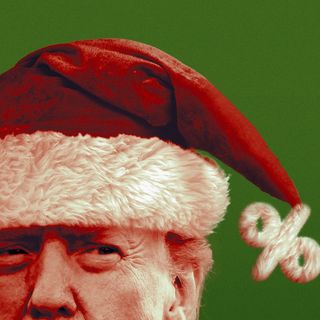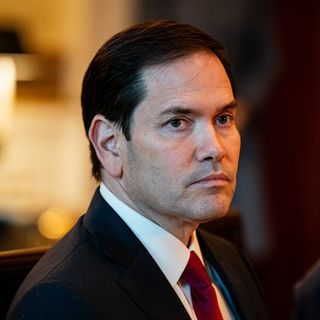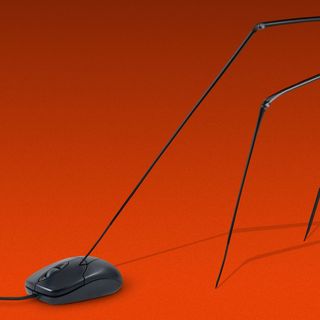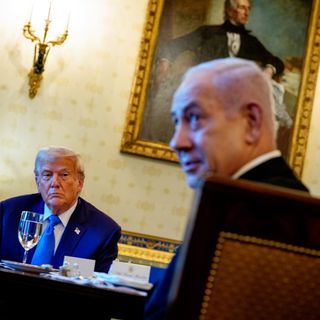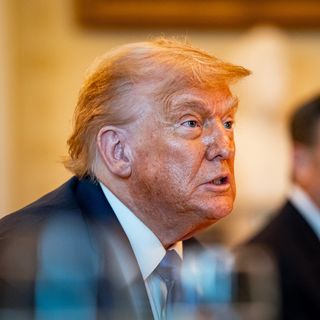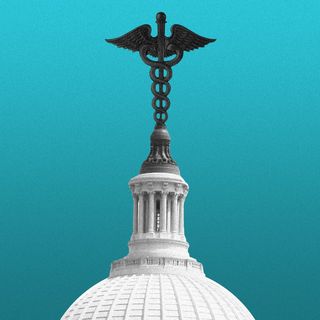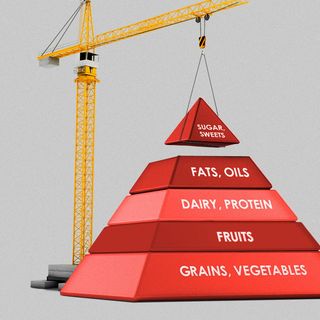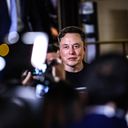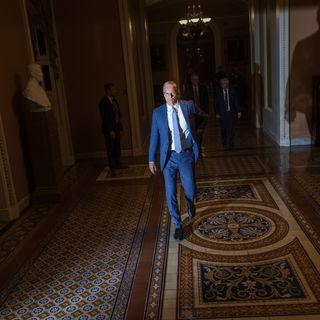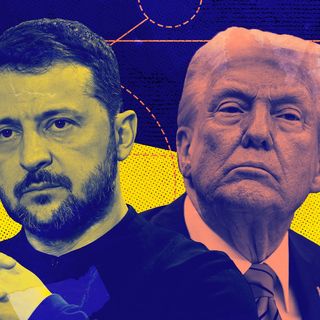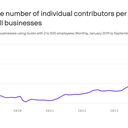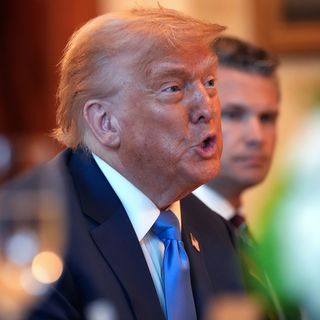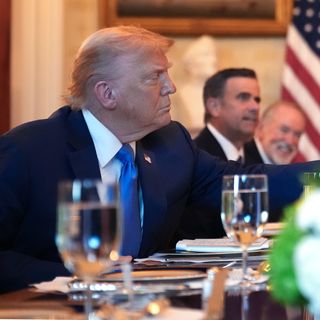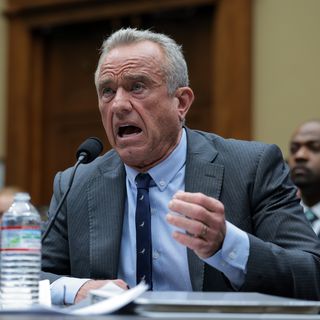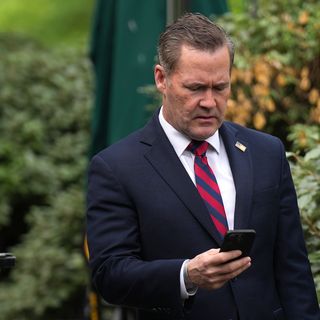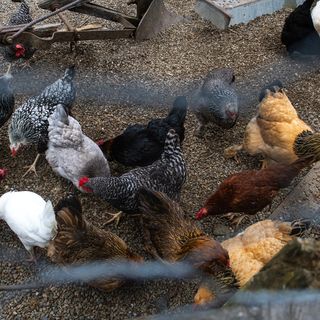Holiday season dodges price hikes with Trump's latest tariff pause
Christmas shoppers got a gift of sorts from the White House this week when the president pushed the tariff pause to August 1.
Why it matters: The shift should give retailers more time to stockpile most goods ahead of the holiday season, potentially pushing some tariff-related price increases to next year.
Catch up quick: The tariff pause was set by the White House last spring — after Trump's Liberation Day hikes were announced — and was supposed to be lifted Wednesday.
- This week the White House extended the deadline, sending trading partners letters with an August 1 target.
- After initially saying it wasn't a hard deadline, Trump on Tuesday said he means it and there will be no extensions.
Zoom out: If higher rates do go into effect August 1, it's likely that consumers won't feel a difference until the new year, writes Paul Donovan, chief economist at UBS Wealth Management, in a note Monday.
How it works: Goods en route to the U.S. as late as August 1 should be exempt from additional tariffs, Donovan explains.
- Since it can take as many as six weeks to move ships across the Pacific, that means some items could arrive as late as mid-September and still be tariffed at the lower rate.
- At the same time, retailers stockpile ahead of the Christmas season — and have been bringing forward inventory to avoid higher tariffs.
- The upshot is, most of the stuff on shelves for Christmas will have arrived before the new deadline.
Reality check: Some items can't be stockpiled, and consumers would feel those price increases sooner.
- There are also baseline 10% levies already in place, so some prices will have already moved somewhat.
The other side: "The Administration has consistently maintained that the cost of tariffs will be borne by foreign exporters who rely on access to the American economy, the world's biggest and best consumer market," spokesman Kush Desai said in an email to Axios.
- He also pointed out that President Trump on Tuesday said he'd never moved the deadline.
Flashback: In August 2019, Trump delayed tariffs on Chinese imports, telling reporters "We're doing this for the Christmas season... Just in case some of the tariffs would have an impact on U.S. customers."
- It was the one time Trump acknowledged tariff increases could pass through to the consumer, Chad Brown, senior fellow at the Peterson Institute for International Economics, told Axios earlier this year.
- Ultimately, the U.S. got a trade deal with China and didn't impose increased tariffs on the consumer-facing products that were under threat, like iPhones, video game consoles, etc.
The intrigue: Prices can rise absent tariffs. Companies stockpiling goods in warehouses will incur extra warehousing costs, writes Donovan.
- And all this talk about tariffs creates an opportunity for firms to raise prices anyway — which is what people are expecting.
- "Normal consumers are less likely to follow what is happening, and be more willing to accept price increases as being due to trade taxes, even if those taxes have been withdrawn," he notes.
What to watch: "By January these effects will have gone," Donovan writes in an email to Axios.
- By then "the pre-tax increase inventory will have been sold and consumer prices will rise to reflect the additional trade taxes."
The bottom line: The tariff situation is a mess, but holiday shopping may be spared.


